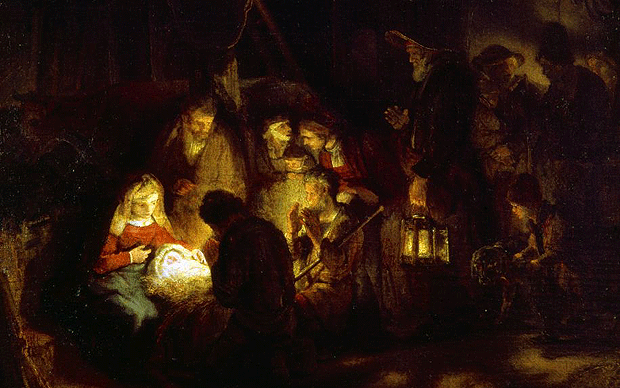Literacy and empathy
When we talk about the death of the novel, what we are really talking about is the possibility that empathy, however minimal, would no longer be attainable by those for whom the novel has died. If the novel has died for the bureaucrats who run our country, then they are more likely not to pause before engaging in arrogant, narcissistic, and foolish policies. If the novel has died for men (and some publishers and critics say that men read fewer novels than they used to), then the inner lives of their friends and family members are a degree more closed to them than before. If the novel dies, or never lives, for children and teenagers who spend their time watching TV or playing video games, then they will always be somewhat mystified by others, and by themselves as well. If the novel should die, what is to replace it?
My guess is that mere technology will not kill the novel. It is too different from movies and other forms of visual entertainment to be replaced by them, nor do I believe that novels are bannable. Too many of them reside in private hands: they would be as hard to get rid of as guns or bullets. But novels can be sidelined — dismissed to the seraglio, where they are read by women and children and have no effect on those in power. When that happens, our society will be brutalized and coarsened by people who speak rather like us and look rather like us but who have no way of understanding us or each other. (Jane Smiley, 13 Ways of Looking at a Novel, quoted in The Lost Art of Reading)
Part of me really likes this. Reading is a way into other minds, other situations, and it can increase our exposure to humanity beyond our personal experience — therefore it can be humanizing. It’s one of the cornerstones of a western liberal arts education that it creates a certain kind of person, rather than merely a set of job skills, and literature is a big part of that. Job skills are important, but you can learn them at work. Education — largely attained through reading and engaging the ideas of the great minds that have shaped the currents of history — shapes your mind and values, the soil from which your vocation will grow.
But I’m not sure I like the flip side of this idea — that without reading, we’re less human. Do we really want to say that without literature, we have “no way of understanding each other”? What did civilization do before Gutenberg? Or before around 1800, when the novel slowly began to be regarded as a slightly reputable form in the West — but only if it was highly charged with moral instruction? Is it really true that without the novel, we’ll be more mystified by human behavior? (I read a lot and I’m still mystified — by others, and by myself.)
I think this passage comes on more strongly than I’m comfortable with, but I agree with the basic gist about literature as — well, one of the humanities.




